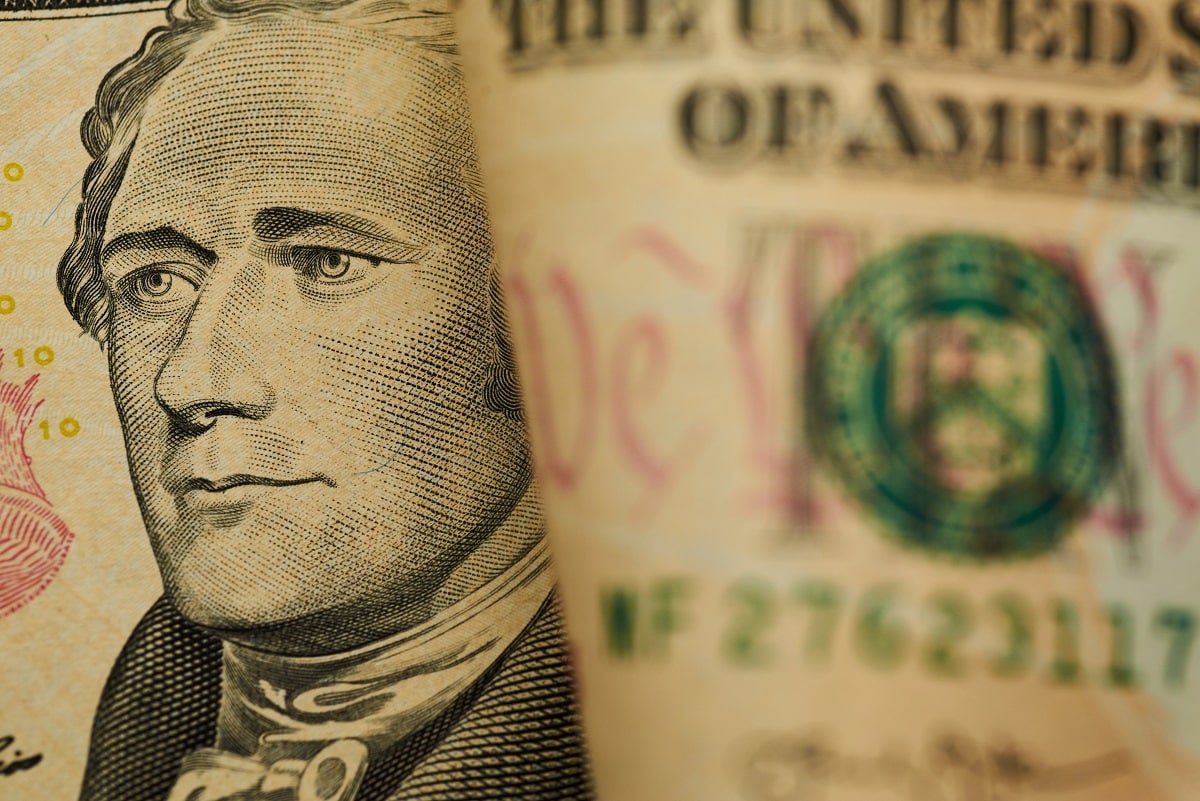Heading towards a hard economic landing – Today’s shocking inflation numbers heighten the odds that the economy is headed towards a hard economic landing before year-end.
This is not simply because the Federal Reserve will have little alternative but to slam on the monetary policy brakes to get the inflation genie back into the bottle. Rather, it is because the Fed will be forced to do so at a time that we are experiencing an equity, housing, and credit market bubble that very likely will not be able to withstand a shift towards a more hawkish Fed monetary policy stance.
Today’s high inflation numbers leave little doubt that the Fed has its work cut out for itself. It is not only that at 8 ½ percent consumer price inflation is at its highest level since 1981. Rather, it is that the inflation is broad-based and is hardly confined to items that might have been affected by Covid related supply chain issues. As such, it will prove less transitory that the Fed had earlier thought.
Further complicating the Fed’s task of taming inflation is the fact that wage pressures are increasing and inflation expectations are rising. In recent testimony, Fed Chair Jerome Powell characterized the labor market as having become tight to an unhealthy degree as indicated by hourly wages increasing at a 5 ½ percent clip. Meanwhile, the market’s expectation of inflation over the next five years has risen to around 3 ½ percent which is uncomfortably above the Fed’s 2 percent inflation target.
Belatedly recognizing that it has a serious inflation problem, the Fed has now shifted to a more hawkish monetary policy stance. The recently released minutes of its last policy meeting reveal that the Fed is now contemplating increasing interest rates in 50 basis point steps rather than 25 basis point steps. It is also contemplating reducing the bloated size of its balance sheet by $95 billion a month through not rolling over its Treasury bond and mortgage-backed security portfolios on maturity.
In past inflationary cycles, the Fed has had little success in taming inflation without precipitating a recession. There is every reason to think that this time around will not be different.
It is not only that the Fed will be starting its anti-inflation campaign with inflation at a higher level than has been the case in most previous economic cycles. Rather, it is also that the Fed will be tightening policy in the context of an equity, housing, and credit market bubble that the Fed created by its own previously excessively loose monetary policy.
The real danger for the Fed in its efforts to attain a soft economic landing is that today’s nosebleed equity valuations and record high housing prices have been premised on the assumption that low interest rates would last forever. Once the Fed starts raising interest rates in earnest, that assumption could be proved to have been mistaken. And as occurred in 2008 with the bursting of the housing and credit market bubble, this time the bursting of today’s everything bubble also could lead to a nasty economic recession.
If there is a moral to the story, it is that last year the Powell Fed would have done well to heed William McChesney Martin’s adage that the job of the Fed is to remove the punchbowl when the party gets going. Last year, the Powell Fed did anything but remove the punchbowl as it kept policy rates at their zero-lower bound for too long and it kept buying large amounts of Treasury bonds and mortgage-backed securities even when the equity and housing markets were on fire.
As a result, the Fed now finds itself having to tame the inflation beast in the midst of an asset price and credit market bubble. That in turn likely will put a soft economic landing out of the Fed’s reach.
Desmond Lachman joined AEI after serving as a managing director and chief emerging market economic strategist at Salomon Smith Barney. He previously served as deputy director in the International Monetary Fund’s (IMF) Policy Development and Review Department and was active in staff formulation of IMF policies. Mr. Lachman has written extensively on the global economic crisis, the U.S. housing market bust, the U.S. dollar, and the strains in the euro area. At AEI, Mr. Lachman is focused on the global macroeconomy, global currency issues, and the multilateral lending agencies.

